Search

News & Events
Horses helpingProfessor Juli Coffin’s most recent research focuses on the healing power of horses – also known as equine-assisted learning.
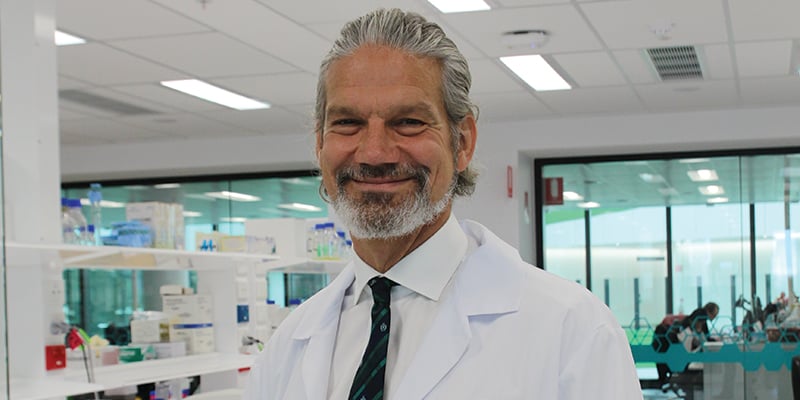
News & Events
Driving a vaccine revolutionThe Kids Research Institute Australia is now part of an ambitious, yet achievable, global bid to produce such one-shot vaccines.
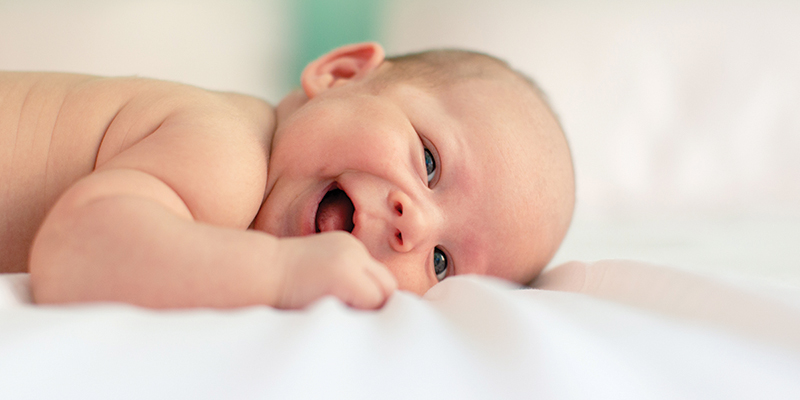
News & Events
Global consortium aims to protect babies from their first week of lifeBabies are most vulnerable to life-threatening diseases in their first few weeks of life, yet current vaccines can’t be given until two months of age.
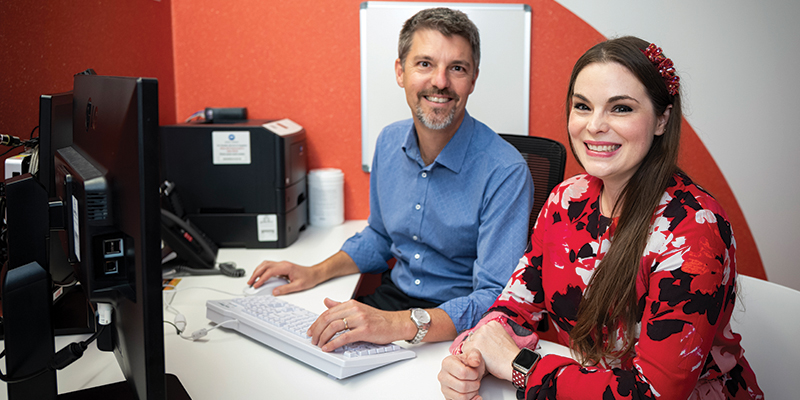
News & Events
People power takes tiny study to the next levelOne of the biggest problems facing young people with neuromuscular disorders is the risk of breathing problems caused by muscle weakness during sleep.
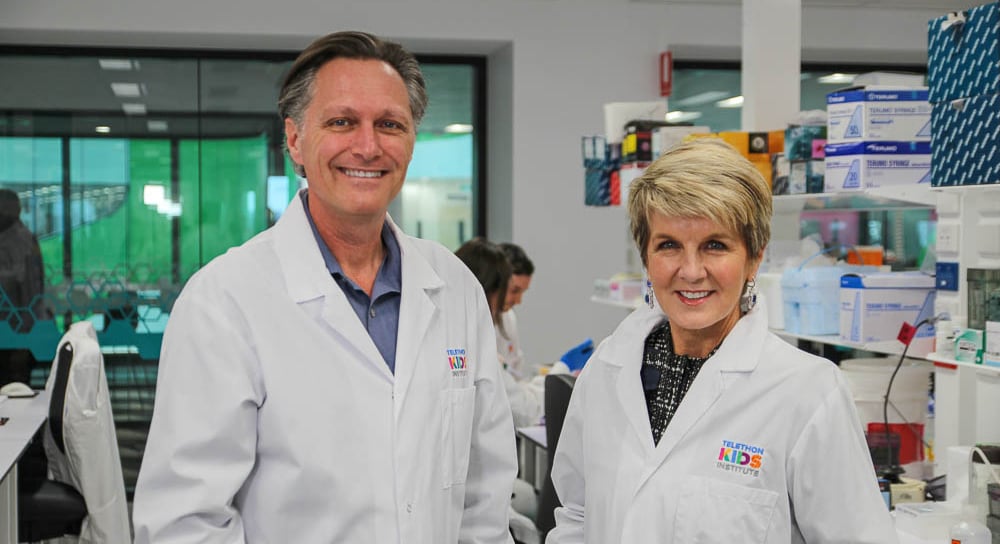
News & Events
The Hon Julie Bishop to chair The Kids Research Institute AustraliaFormer Australian Foreign Affairs Minister The Hon Julie Bishop will be the next Chair of Perth’s The Kids Research Institute Australia.

News & Events
Chronic illness affects young children’s school readinessResearchers from the The Kids Research Institute Australia and UWA have found that young children with a chronic disease are more likely to fall behind their peers in a wide

News & Events
The Kids researchers finalists in Premier’s Science AwardsThree outstanding The Kids Research Institute Australia researchers have been named finalists in the 2016 Premier's Science Awards
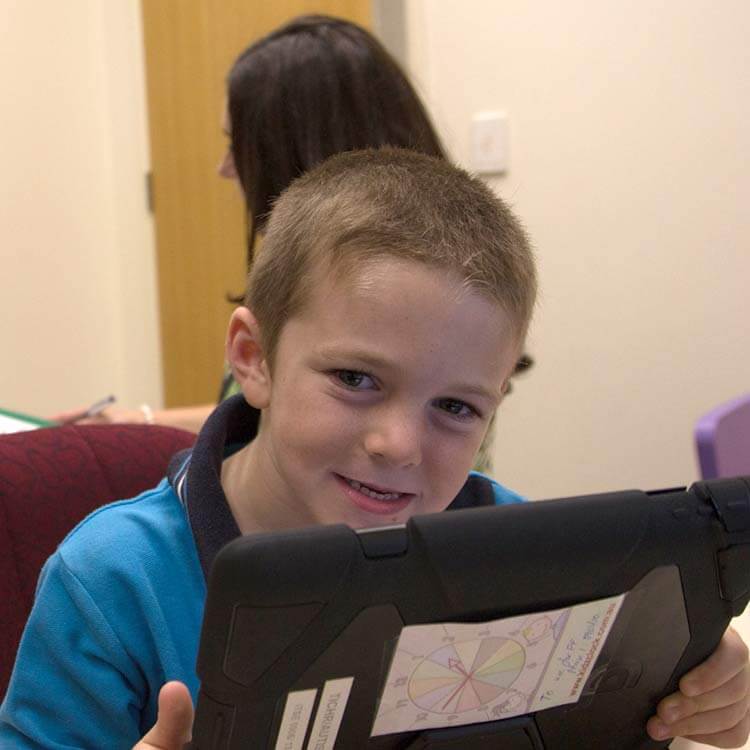
News & Events
Australia’s first Autism Biobank to help improve early diagnosesA world leading Autism biobank has been officially launched in Australia today by the Minister for Health, the Hon Sussan Ley.
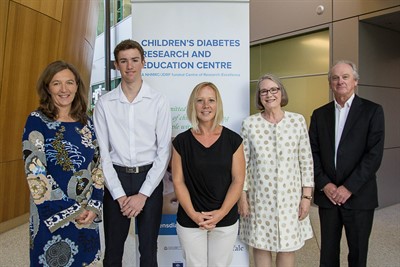
News & Events
Major focus for children’s diabetes research in WALaunch of the WA Children's Diabetes Research and Education Centre for Research Excellence (CRE) on the eve of World Diabetes Day.
News & Events
Research symposium to hear how sunscreens proved no threat to vitamin D production in recent European studyLeading international and national experts will gather at The Kids Research Institute Australia on Friday for a D-Light Research Symposium.
